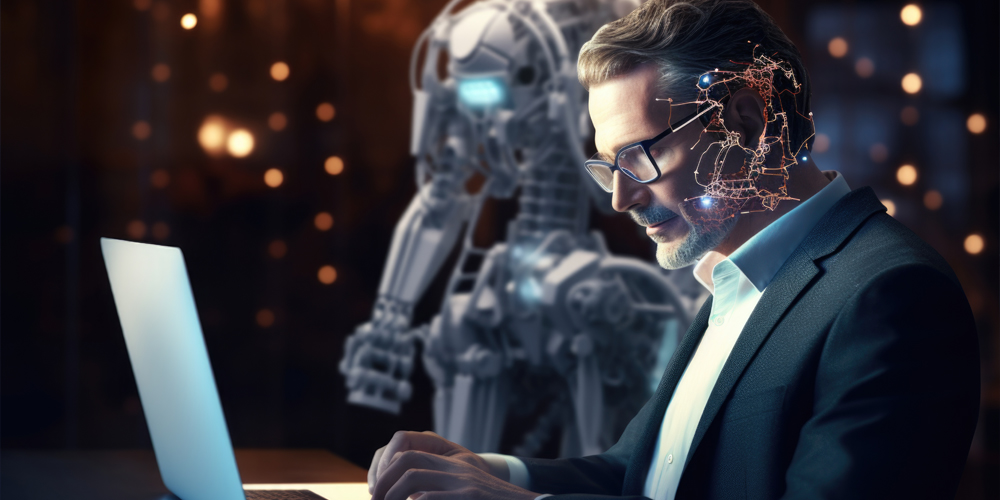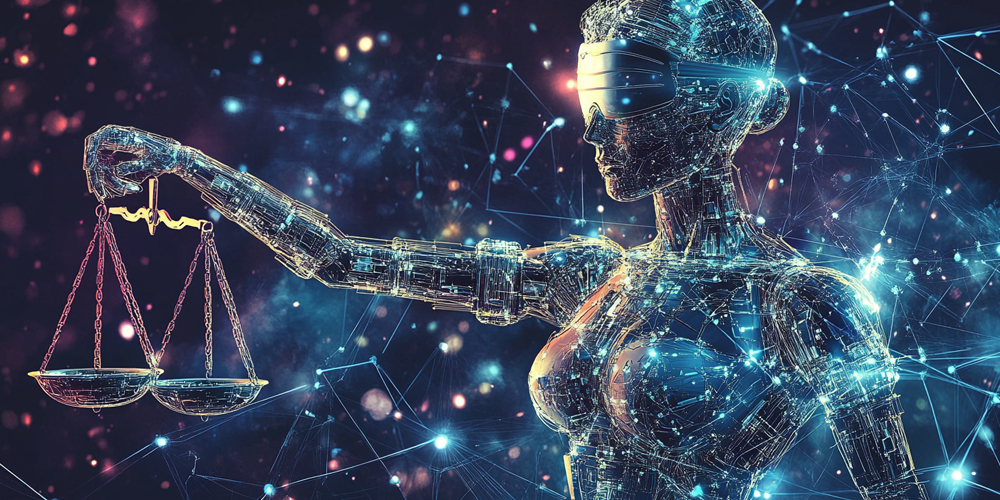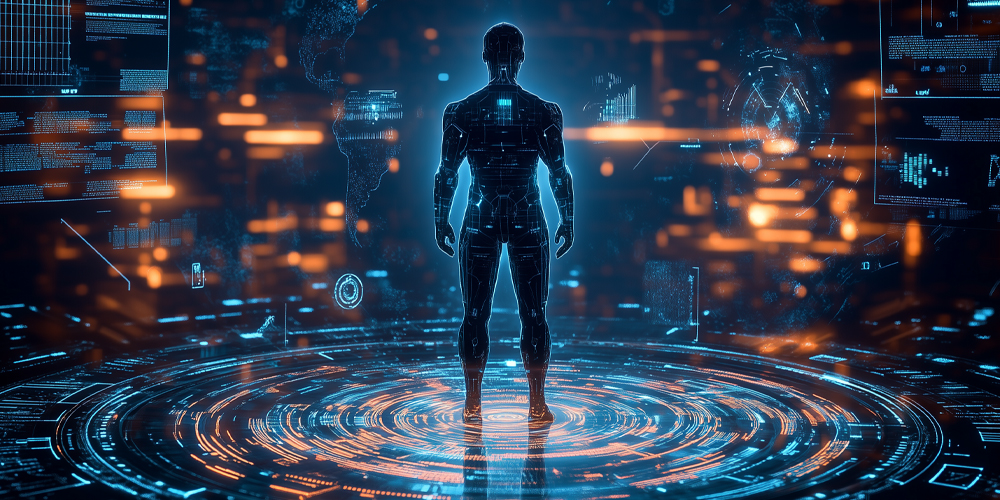The Impact of AI on Privacy: Challenges and Solutions
As artificial intelligence (AI) technologies evolve, they increasingly affect privacy. Businesses and individuals rely on AI for efficiency and insights. However, these benefits come with significant privacy concerns. This article explores the challenges AI poses to privacy and offers potential solutions.
Understanding AI and Privacy
To grasp the implications of AI on privacy, it is essential to understand both concepts. Artificial intelligence refers to computer systems that simulate human intelligence. These systems analyze data to make decisions or predictions. On the other hand, privacy involves the right to control personal information.
The Relationship Between AI and Privacy
AI systems often require vast amounts of data to function effectively. This data can include personal information, which raises privacy concerns. The relationship between AI and privacy is complex, as AI can both enhance and undermine privacy protections.
Data Collection and Consent
AI systems rely on data collection for their operations. However, obtaining consent for this data collection can be challenging. Many users may not fully understand how their data will be used. This lack of understanding leads to questions about the validity of consent.
Challenges to Privacy in the Age of AI
Several challenges arise regarding privacy as AI technologies become more integrated into society.
Surveillance and Data Tracking
One significant challenge is the potential for increased surveillance. Governments and corporations can use AI to monitor individuals’ activities. This surveillance can lead to a loss of privacy, as people feel constantly watched.

Facial Recognition Technology
Facial recognition is a prime example of AI technology impacting privacy. While it offers security benefits, it also raises concerns about consent and misuse. Unauthorized surveillance can occur when individuals are tracked without their knowledge.
Data Breaches and Security Risks
AI systems often store sensitive data, making them targets for cyberattacks. Data breaches can expose personal information, leading to identity theft and financial loss. Organizations must prioritize data security to protect users’ privacy.
The Role of Algorithms
AI algorithms can also pose privacy risks. These algorithms can analyze user behavior and make predictions about future actions. When used irresponsibly, this capability can lead to invasive profiling without user consent.
Potential Solutions to Privacy Challenges
Addressing privacy challenges requires a multifaceted approach. Here are some potential solutions to consider.
Enhanced Data Protection Regulations
Governments should implement stricter data protection regulations. Laws like the General Data Protection Regulation (GDPR) provide frameworks for data privacy. These regulations ensure that individuals have control over their personal information.
Transparent Data Practices
Organizations must adopt transparent data practices. Clearly communicating how data is collected, used, and stored builds trust with users. Transparency encourages informed consent and empowers individuals to make decisions about their data.
Privacy by Design
Integrating privacy into the design of AI systems is crucial. This approach, known as “privacy by design,” ensures that privacy considerations are part of the development process. By prioritizing privacy, developers can minimize risks from the outset.
Implementing Robust Security Measures
Organizations must invest in robust security measures to protect data. Regular security audits, encryption, and employee training can help safeguard personal information. Strong security practices reduce the likelihood of data breaches.
Balancing Innovation and Privacy
While addressing privacy concerns, it is essential to balance innovation with protection. AI has the potential to drive significant advancements across various sectors. However, these advancements should not come at the expense of individual privacy.
Fostering Responsible AI Development
Responsible AI development involves considering the ethical implications of technology. Developers must prioritize ethical considerations throughout the development process. This commitment can help ensure that AI technologies benefit society while respecting privacy.

Engaging Stakeholders
Engaging stakeholders in discussions about AI and privacy is vital. Businesses, governments, and civil society must collaborate to create solutions. This collaboration fosters a shared understanding of privacy challenges and helps develop effective strategies.
The Future of AI and Privacy
As AI technologies continue to evolve, the conversation around privacy will remain critical. Organizations must stay informed about emerging trends and challenges. By doing so, they can adapt their practices to protect users effectively.
Emerging Technologies
New technologies, such as quantum computing and blockchain, may offer innovative solutions to privacy challenges. These technologies can enhance data security and ensure greater transparency. Exploring their potential will be essential for future privacy efforts.
Public Awareness and Education
Raising public awareness about AI and privacy is crucial. Educating users about their rights and how to protect their data empowers individuals. Knowledgeable users can make informed decisions about their interactions with AI systems.
Conclusion
The impact of AI on privacy presents significant challenges and opportunities. As AI technologies become more integrated into daily life, addressing privacy concerns is essential. By implementing effective solutions and fostering responsible development, society can harness the benefits of AI while protecting individual privacy.





